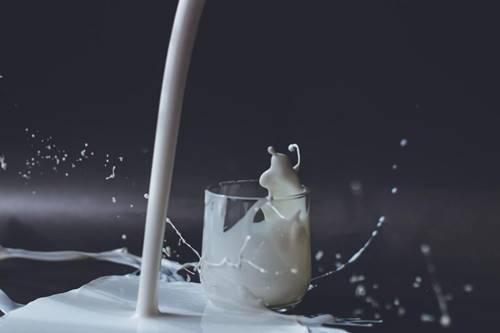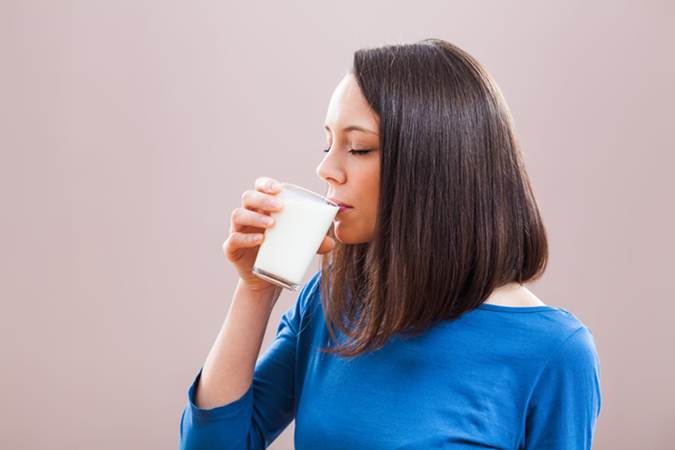Many individuals are concerned about their scalp condition and the potential effects of their diet on various conditions, including excess oil production. One common question that arises is whether drinking milk can cause an increase in scalp oiliness. In this article, we will discuss this topic in details and shed light on the current scientific understanding.
Understanding scalp oil production
The scalp produces natural oils called sebum and this oil help moisturize the scalp and hair. The sebum production process is primarily regulated by hormones, specially androgens, which can stimulate the sebaceous glands to produce more oil. Factors such as hormonal changes, stress, genetics, and hair care practices can influence the amount of sebum produced.
Does milk consumption cause excess oil production on the scalp?
No, there is no scientific evidence directly linking milk consumption to excess oil production on the scalp. While some anecdotal documents suggest a correlation between increased scalp oiliness and dairy intake, individual responses to specific foods can vary significantly. Thus, it is essential to consider multiple factors that can contribute to changes in scalp health.

Potential Factors to Consider:
- Hormonal balance: Hormonal fluctuations can affect oil production on the scalp. Milk contains hormones such as progesterone and estrogen, but the levels are typically low and in most individuals, unlikely to significantly impact scalp oiliness.
- Sensitivities or allergies: Some individuals may be allergic or sensitive to specific components in milk, such as casein or lactose. In rare cases, an allergic reaction can manifest as scalp or skin issues. If you suspect an sensitivity or allergy, consulting with a professional is recommended.
- Overall diet and lifestyle: A well-rounded diet that includes various minerals, vitamins, and nutrients is crucial for maintaining healthy hair and scalp. Factors such as inadequate hydration, excessive consumption of processed or sugary foods or poor overall nutrition may indirectly affect scalp health.
- Individual variations: Every Individual’s body reacts differently to dietary choices. What may cause scalp oiliness in one person may not have the same effect on another. It’s important to pay attention to any patterns or changes you observe and listen to your body.
Conclusion:
While some people may claim a link between excess oil production on the scalp and milk consumption, the scientific evidence supporting this assertion is currently lacking. Scalp oiliness is a multifactorial issue influenced by various factors, including hair care practices, hormones, genetics, and stress. If you are concerned about your scalp health, it is highly recommended to consult with a healthcare professional or dermatologist who can provide appropriate guidance tailored to your needs. They can help identify potential causes and provide some personalized advice on hair care, diet, and treatment options if necessary.


